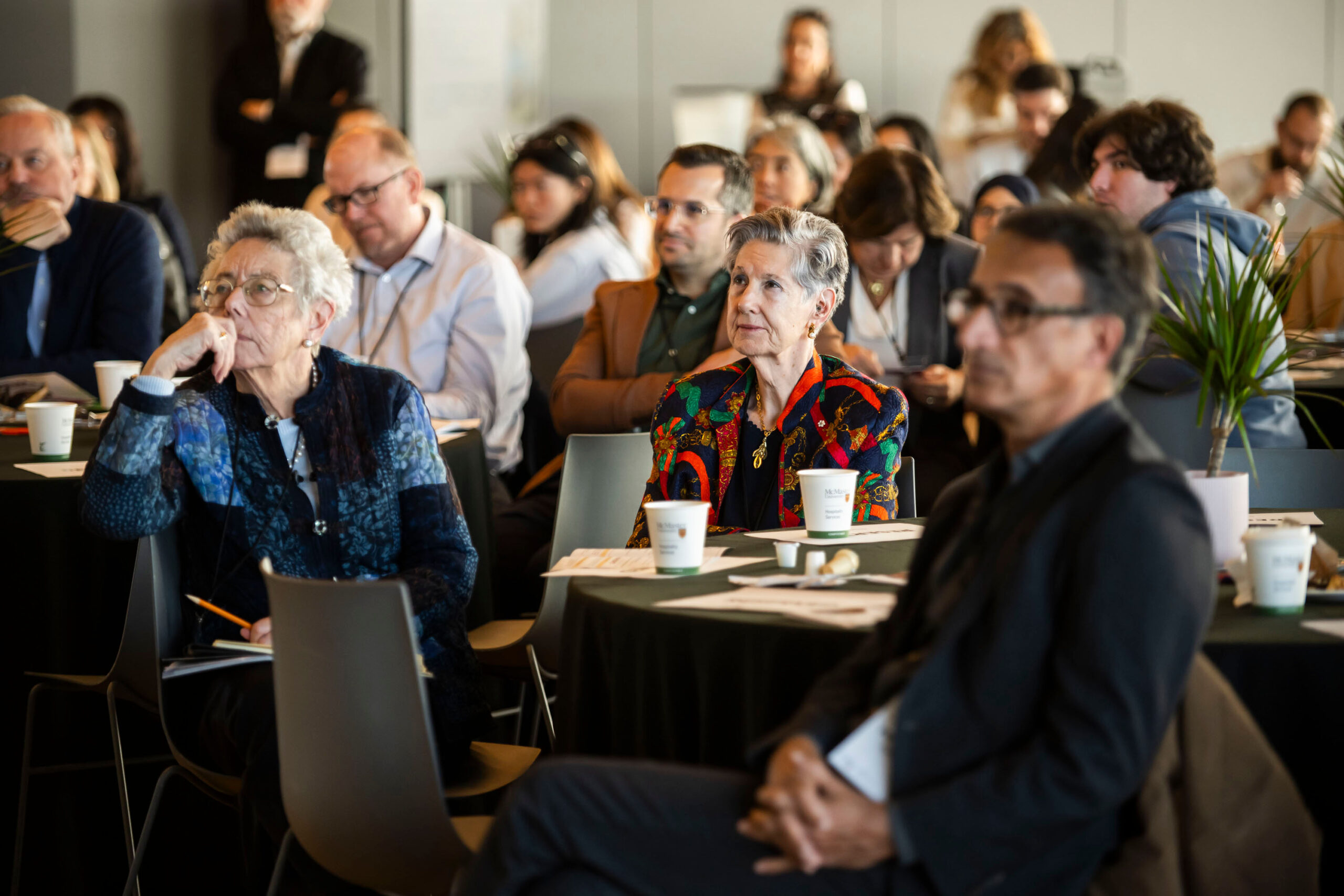
Published: September 9, 2020
The Bottom Line
-
In the face of the global COVID-19 pandemic, health and social systems have had to support large numbers of people who are grieving under difficult and unprecedented social conditions.
-
Deaths from the coronavirus have resulted in an increased risk of prolonged grief and bereavement, post-traumatic stress disorder and mental-health problems among the bereaved.
-
To better support the families of the victims, national strategies have been called to support mass grief and bereavement.
Grief and bereavement during a pandemic remain complex due to public-health measures aimed at reducing the spread of the virus and protecting vulnerable people. Physical distancing requirements mean that funerals are limited and those who have lost loved ones may have to grieve alone. The inability to say goodbye, the loss of social and community networks, living in confinement, and all the other social and economic impacts of the pandemic may exacerbate the grieving process.
In recent months, people have voiced their concerns that the COVID-19 pandemic is depriving people of the possibility of grieving. A Canadian coalition has also called for a national strategy to better support grief and bereavement which are currently “distorted” by the pandemic.
What strategies could help to deal with mass grief and bereavement? What programs and services could be put forward during a pandemic?
The McMaster Optimal Aging Portal (mcmasteroptimalaging.org), a unique online health resource created by McMaster University to support the healthy aging of Canada’s older adult population, is highlighting ways to stay active and engaged while practicing physical distancing during the current COVID-19 pandemic.​ Read more.

